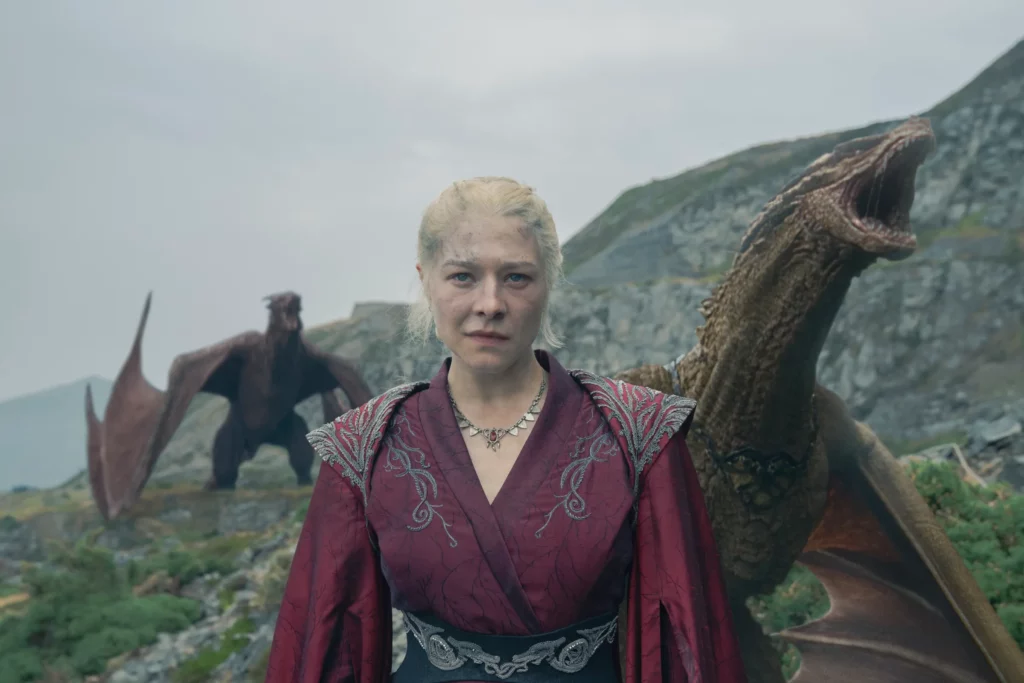
Creative Tensions Emerge Between George R.R. Martin and ‘House of the Dragon’ Showrunner
The intricate dance of adapting literature to television has once again spotlighted the delicate balance between original authors and showrunners. George R.R. Martin, the mastermind behind the A Song of Ice and Fire series, recently voiced concerns over HBO’s House of the Dragon, igniting discussions about creative fidelity and adaptation choices.

In a candid blog post, Martin expressed dissatisfaction with certain narrative decisions in the series, particularly the omission of key characters like Maelor Targaryen. He highlighted how such changes could lead to a “butterfly effect,” altering the story’s trajectory in unforeseen ways. Although the post was swiftly deleted, it resonated deeply within the fan community and industry circles
Ryan Condal, the showrunner of House of the Dragon, addressed these critiques, emphasizing the challenges inherent in adapting a complex historical narrative like Fire & Blood. He underscored the necessity of making practical decisions to translate the sprawling tale into a cohesive television format, balancing creative vision with production realities.
HBO’s Chief Content Officer, Casey Bloys, also weighed in, likening the collaboration with Martin to a marriage—acknowledging its complexities and occasional disagreements. Bloys reaffirmed the network’s commitment to honoring Martin’s work while navigating the intricate process of adaptation.
Despite these creative tensions, the partnership between Martin and HBO remains robust, with multiple projects in development, including a potential feature film set in the Game of Thrones universe. This ongoing collaboration underscores the dynamic interplay between original creators and adapters, highlighting the challenges and rewards of bringing epic tales to the screen.